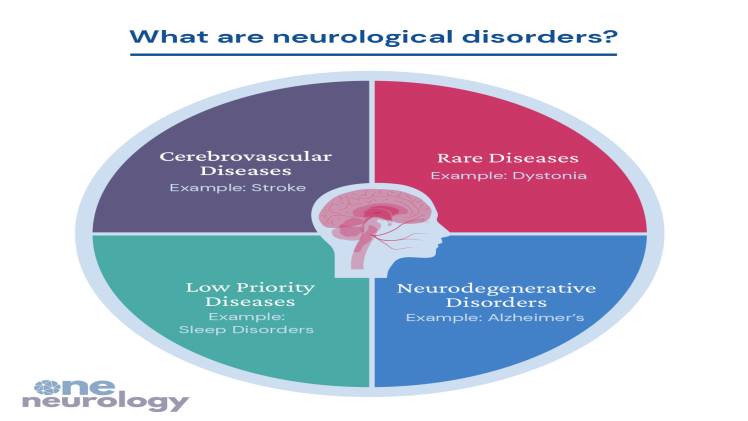Neurological Disorders a Neurology Care Practice Can Address

The brain, muscles, spinal cord, and nerves are the vital components of your nervous system, playing crucial roles. For instance, they are responsible for language, memory, swallowing, and breathing. Therefore, you must bear the consequences if the nervous system has a problem. Luckily, several neurological healthcare institutions, such as Modern Migraine MD offer treatment options to manage mild to severe neurological issues. If you are struggling with any neurological disorder symptoms, you can get help. The following are some neurological disorders a neurology care practice can address.
Parkinson’s Disease
This disease is a progressive nervous system problem that impairs coordination. Usually, it becomes more prevalent as a person ages. While there is no cure for it, treatment options to manage it are available. You should see a provider immediately as you notice symptoms because the condition’s symptoms worsen with time. Some warning signs you should be cautious of include changing walking, posture, and facial expression. Your provider will also discuss with you more symptoms of the condition.
Stroke
Stroke is a nervous condition that occurs when there is a reduced blood supply to the brain. Whenever the brain receives insufficient blood, its cell lacks enough oxygen and nutrients to survive and function properly. Statistics show that stroke is among the leading causes of death and disabilities in the United States, so you must be cautious. Fortunately, there are various treatments available you can receive from a neurological practice center, including thrombectomy, thrombolysis, and antiplatelet medications.
Headaches
There are various kinds of headaches you may experience, from migraines and tension headaches to cluster headaches. Headaches can be bothersome, affecting your overall well-being and ability to carry out activities. Therefore, when you experience headaches frequently, you should see a doctor because it might indicate an underlying severe condition. You might experience frequent headaches due to symptoms like infections and high blood pressure. Fortunately, neurological clinics can offer different treatments depending on your headache type and symptoms.
Seizures
Seizures are deteriorating because they alter an individual’s brain’s electrical activity. They are common among Americans resulting from high fever, lack of sleep, and head trauma. Signs and symptoms a person can experience include confusion, anxiety, fear, and loss of consciousness. If you suspect or have these signs, you should visit neurological healthcare immediately. Early medication and treatment can effectively manage your seizures. As a result, you can address long-term concerns like brain damage and memory loss.
Alzheimer’s Disease and Dementia
Loss of memory is one of the common experiences adults battle with. A certain level of memory loss is normal as you age. For instance, entering a room without knowing what made you go there may be normal. Nevertheless, some indicators may signal a severe issue like Alzheimer’s disease or dementia. With these conditions, you may have challenges managing finances, engaging in daily activities, and getting lost. Although no cure exists, a neurological center can offer medications and therapies to manage your symptoms.
Early diagnosis and prevention play a significant role in helping patients cope with these disorders. Also, support and care are vital for patients struggling with neurological conditions as it is easy to cope with their feelings. This process speeds the recovery period and makes the healing process effective. Therefore, if you or someone you know reports symptoms of a neurological disorder, such as numbness, loss of memory, and pain, you should visit a hospital. Taking early action allows your provider to evaluate the cause of your issue and recommend the right treatment.





